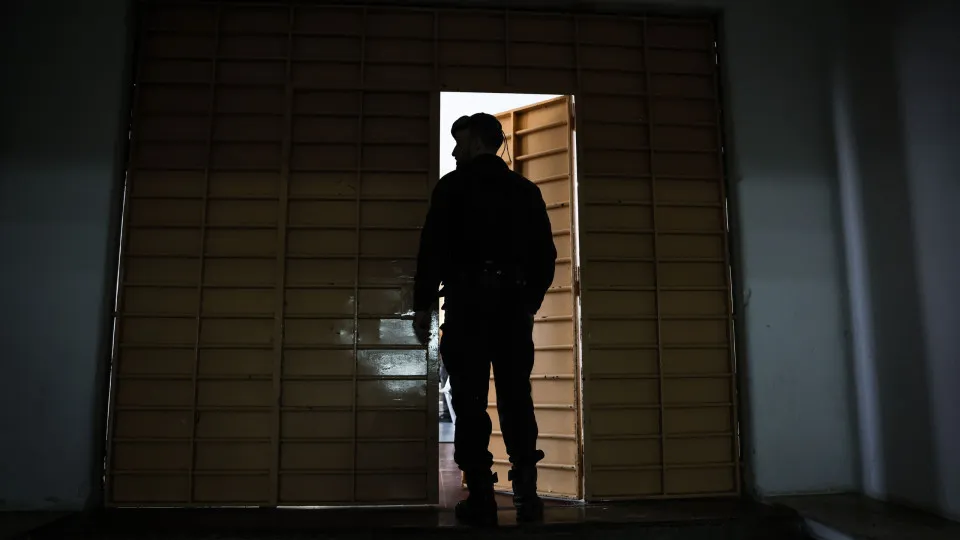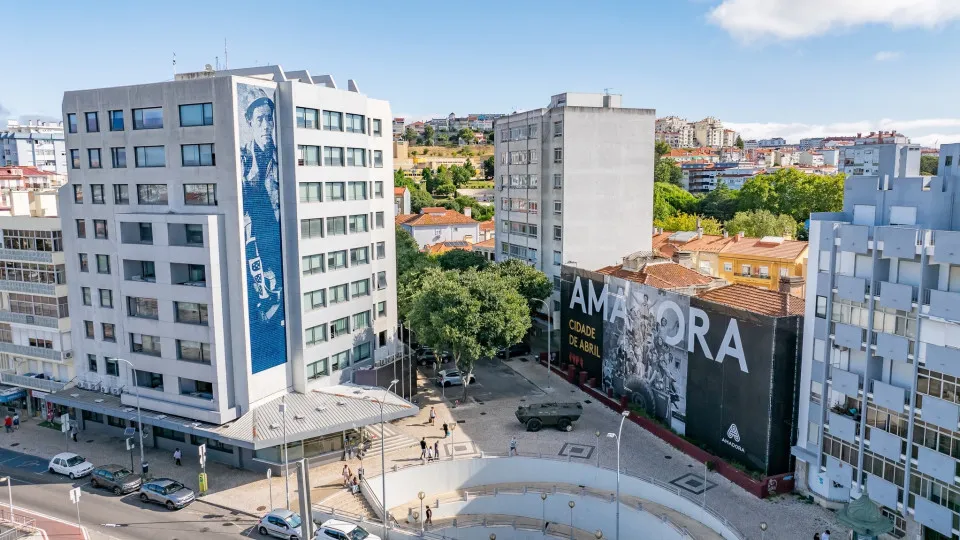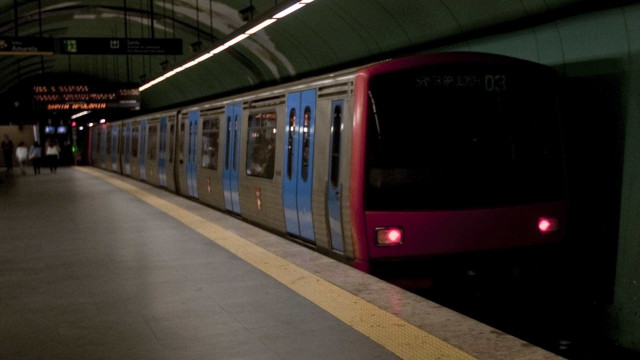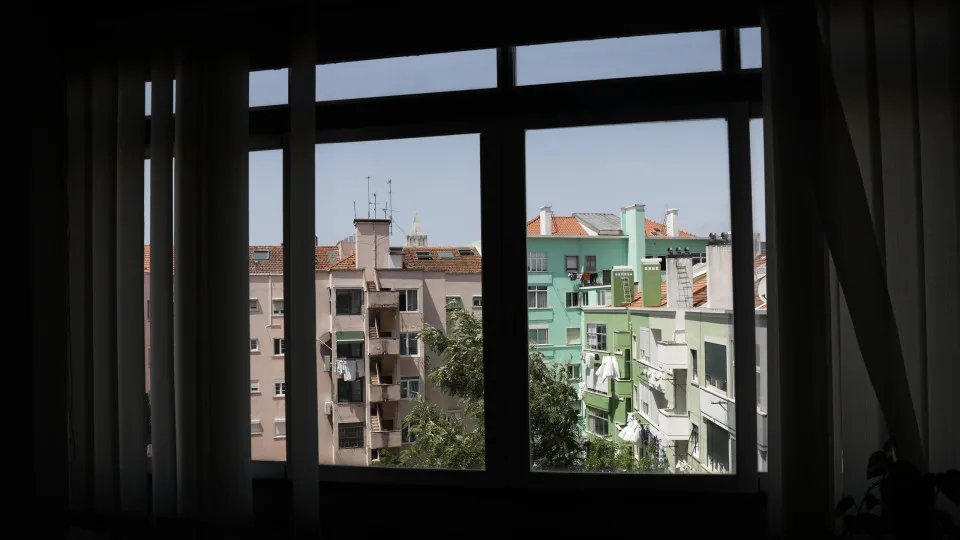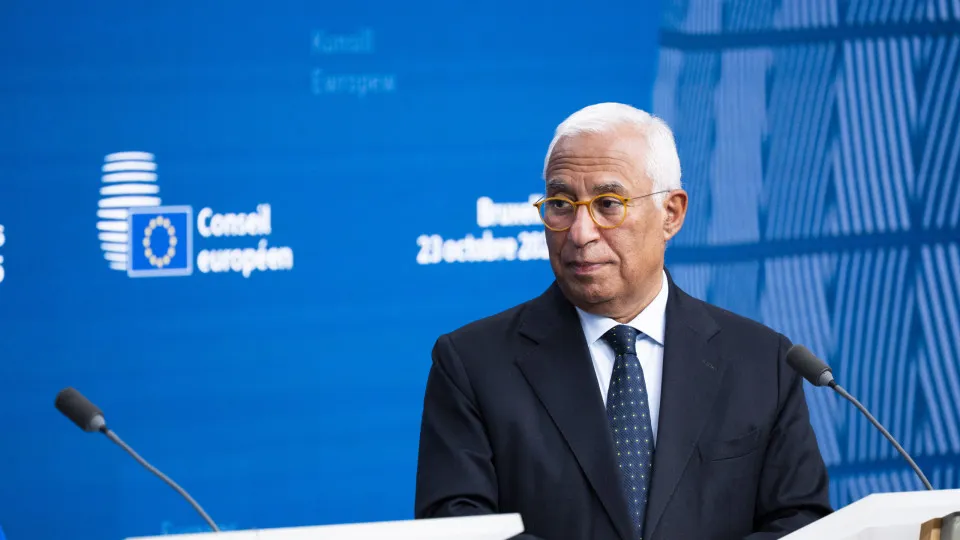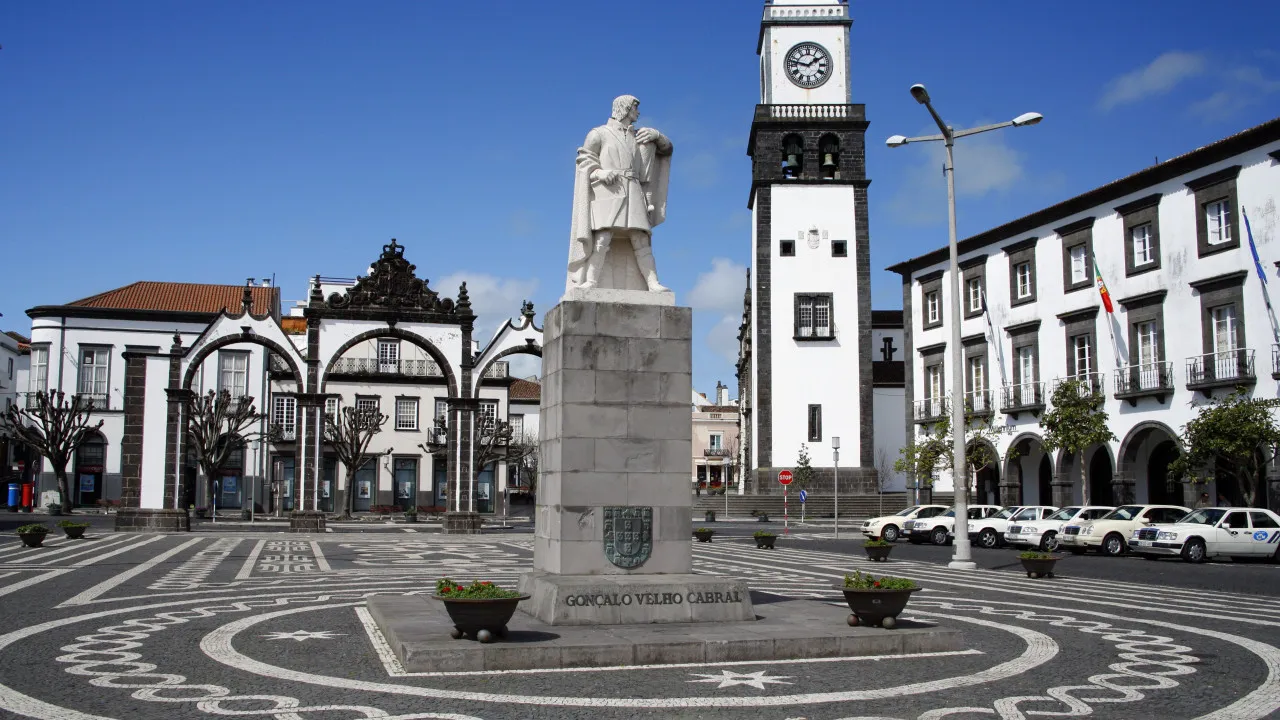
Image credit: Notícias ao Minuto
The decree-law establishing a new model was published today in the Diário da República and will come into effect 10 days from this publication. A significant change regarding access to the subsidy hinges on the creation of a digital platform.
The social mobility subsidy (SSM), initially introduced in 2015, had been governed by different decree-laws for the Azores and Madeira, prompting the government to “create a uniform and singular legal framework aimed at simplifying processes, enhancing efficiency, and ensuring equal treatment across the autonomous regions.”
This initiative involves reimbursing the amount spent on airline tickets to ensure that passengers from the Azores and Madeira pay a defined maximum fare for journeys between the archipelagos and the mainland.
Among the anticipated changes is the establishment of a “platform for managing beneficiaries and the reimbursement process,” intended to “simplify, dematerialize, and automate eligibility and reimbursement procedures.”
The decree specifies that the subsidy allocation process will be managed through a “dedicated electronic platform, created by decree of the government members responsible for finance, air and maritime transport, and modernization.”
Once this platform is launched, reimbursement requests can be submitted following ticket purchase.
“The SSM amount will be paid to the beneficiary post ticket purchase and submission of the request on the platform, even if this submission occurs before the flight, with the beneficiary obliged to use the ticket under penalty of refunding the received amount,” details the decree.
Applications can be submitted “from the date of ticket issuance up to 90 days after the flight or return flight.”
The autonomous regions are required to “create or strengthen support structures for beneficiaries” to clarify applicable rules and, “if necessary and possible,” help in obtaining documents and submitting requests on the electronic platform.
Until the electronic platform becomes available, subsidy payments will continue to be made by the current service provider (CTT), following “the previously existing SSM processing rules,” which mandate that beneficiaries can only claim reimbursement “after proving the journey was completed.”
“A transitional regime has been established, effective until June 30, 2025, unless expressly revoked before that date,” states the decree.
Currently, Azores passengers pay a maximum fare of 134 euros for mainland connections, with a ticket cost ceiling of 600 euros, while Madeira passengers face a maximum fare of 86 euros, with a 400-euro ticket ceiling.
The government has announced plans to reduce these fares to 119 and 79 euros, respectively.
According to the decree-law, “the method of determining the SSM amount, as well as the necessary documentation for verifying beneficiary eligibility,” will be defined by a specific decree.
The SSM amount “references the eligible cost and maximum value established by the decree,” which may also regulate “the eligible value of different fees.”
As per the decree, the SSM value “should be reviewed annually, in consultation with the governing bodies of the autonomous regions,” based on “an evaluation of pricing, supply, and demand conditions” and “the respective utilization by beneficiary passengers.”
This evaluation must be jointly conducted by the Inspectorate-General of Finances (IGF), along with the National Civil Aviation Authority (ANAC) or the Mobility and Transport Authority (AMT), within the first three months of each year, enabling the executive to “decide on the amount allotted to beneficiaries from April onward.”
Despite streamlining the reimbursement process with the platform’s creation, beneficiaries must purchase tickets, paying the full amount, before accessing the subsidy.
The decree consequently allows for “the creation of a financing mechanism, enabling passengers to access credit covering 100% of the amount within a specified period.”
The requirements for this financing mechanism will be set by decree, with involved entities “appointed for this purpose” by the government.
The new model aims “to review the eligibility criteria for the social mobility subsidy beneficiaries, seeking to clarify and simplify the respective framework,” in alignment “with expressed concerns regarding the eligibility of residents who are not Portuguese nationals.”
The social mobility subsidy is “granted to student passengers, resident passengers, and equivalent resident passengers,” with residents defined as “individuals, irrespective of nationality or stateless status, residing in an autonomous region for at least six months.”
The change in the resident passenger concept “takes effect on November 1, 2024.”
The new model also envisages creating “a control mechanism aimed at mitigating the possibility of charging fares above the airline’s ticket prices” to prevent “potential misuse by some economic agents.”
As dictated by the decree, the Inspectorate-General of Finances shall “conduct selective verifications, particularly regarding the airline’s pricing in those connections and the invoiced amounts by intermediaries, to cross-verify the claimed and paid public subsidies.”
Airlines must inform ANAC and AMT about their fare structure, fare distribution, and “additional charges to the ticket price, such as the ticket issuance fee and fuel surcharge.”
Whenever changes occur, airlines must “notify ANAC and AMT, respectively, at least 24 hours in advance of the change’s effective date.”

